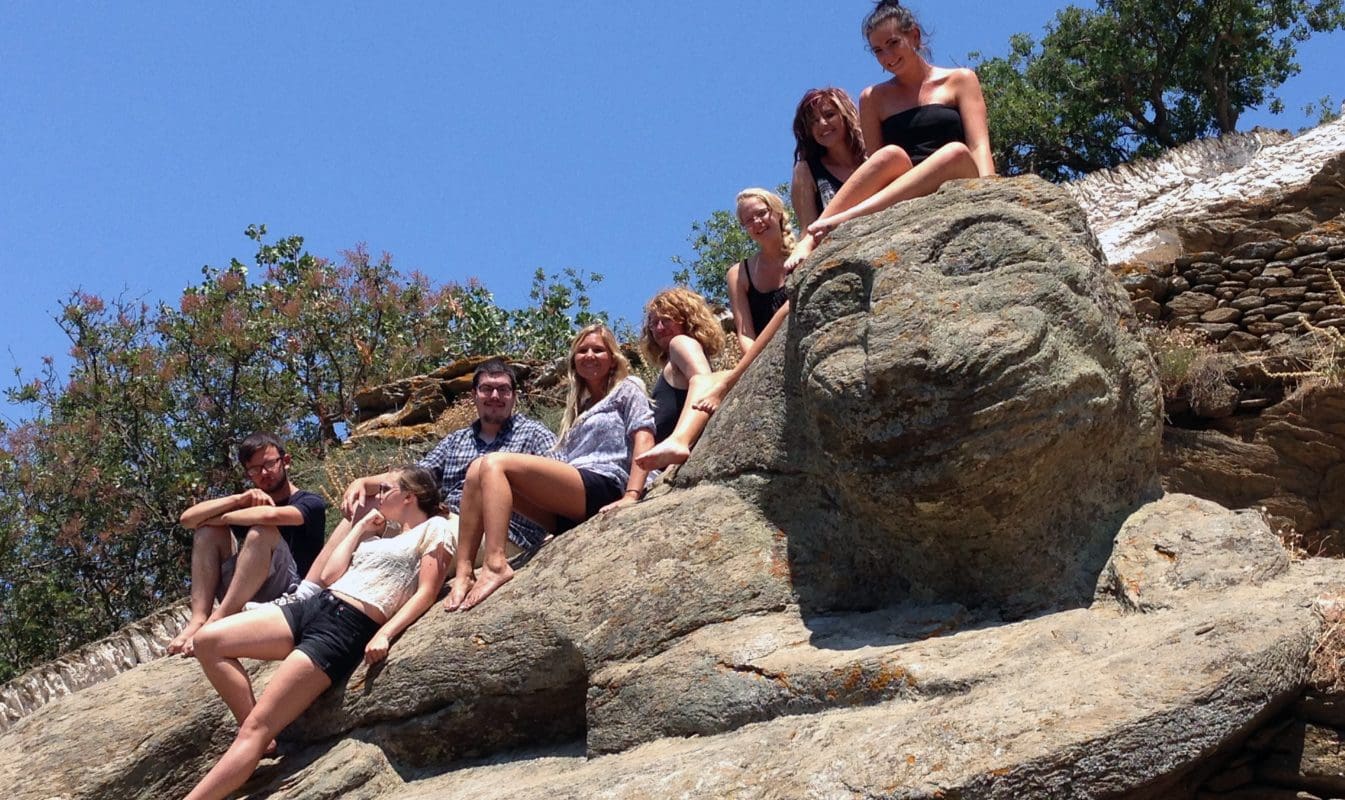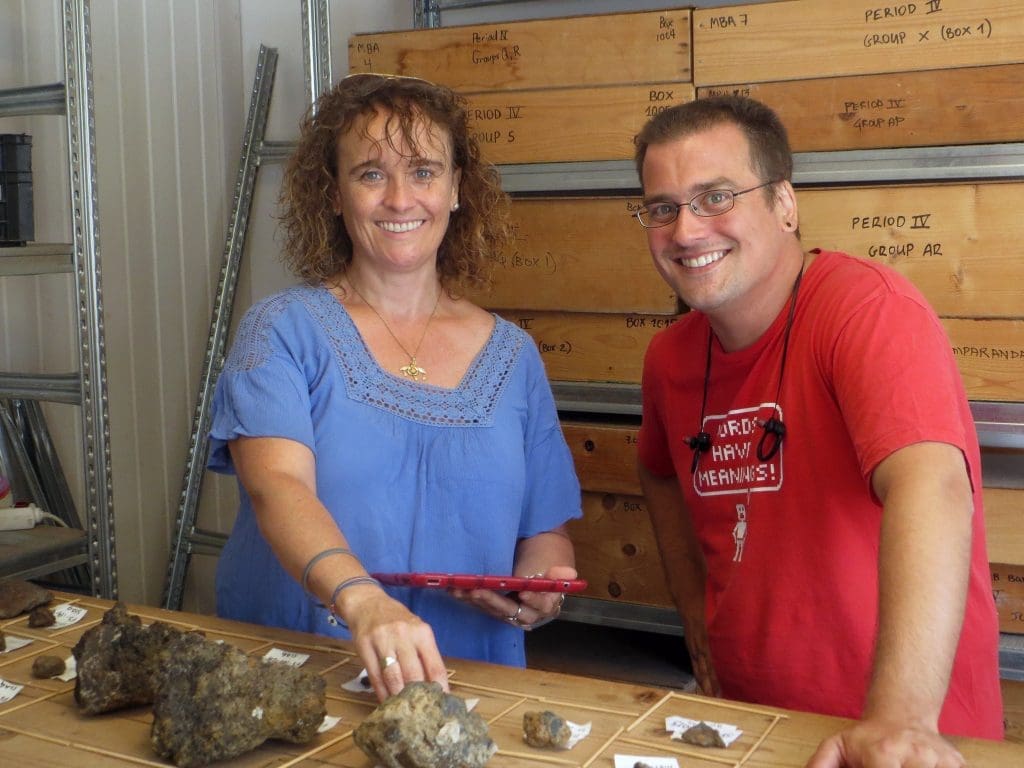
Discussions in the humanities – from philosophy and religion, to history and politics – guide our most crucial decisions, on a global scale and in very personal ways. They determine our understanding of ourselves and others, and how our communities build relationships and make progress. They shape our worlds.
But over recent decades, false narratives have accumulated around the humanities. Many, for example, perceive the study of humanities as a side item, an afterthought, or a luxury in undergraduate education.
Students hear that career readiness comes from pursuing a major of the moment – whatever is most in demand at the time. Universities serving first-generation and minority students receive particular pressure to funnel students toward professional or STEM fields, regardless of interest, in order to launch careers.
However, studies of career readiness tell a different story.

The National Association of Colleges and Employers has found that critical reasoning, collaboration, and communication are the skills that are the most sought after by employers, with 75 percent of employers rating them in their top three desired skills. They are also the skills that frequently help senior professionals carve pathways to leadership positions. UNC Greensboro’s researchers call them “the three Cs.” These skills, they say, are best developed through humanities courses.
With that knowledge, UNCG is on the road to changing how the humanities are perceived, in a big way. The University is re-envisioning the role of humanities in undergraduate education and, in the process, doubling down on its commitment to student outcomes.
Currently at UNCG, undergraduate research experiences are being integrated into a multitude of humanities courses and projects, along with career preparation and professional development components. Last year, the University received a $200,000 grant from The Andrew W. Mellon Foundation to support those activities.
The program is designed to offer new funded research opportunities for faculty, while improving outcomes for underserved students. The impact will reach beyond the confines of campus – not only through community-engaged research, but through the development of the next generation of active, concerned citizens dedicated to serving and improving their respective communities.
TRANSFORMATION
Opportunities for research with a faculty mentor strongly correlate to undergraduate academic achievement and positive post-graduate outcomes, such as advancing to graduate school or entering a satisfying career, says Dr. Joanne Murphy.

The associate professor of classical studies and Undergraduate Research, Scholarship, and Creativity faculty fellow serves as principal investigator for the Mellon grant, and she has seen for herself how research experience transforms students.
“There are so many impacts of undergraduate research,” she says, “but what I love the most is the confidence. Students become an authority on a thing, and they are more confident when they speak to you, and more articulate in the way they speak. They also have the confidence to know where they can find answers – they can pull arguments together and present their material.”
Since 2009, she has guided UNCG students through six-week professional internships at an archaeological field school on the Greek island of Kea. She also scaffolds research skill development into her classes on the ancient world at UNCG.
She finds that students who have opportunities to engage in research develop the confidence not only to share what they know but also to ask questions about what they don’t know – and to seek knowledge on their own.
“That’s what employers want,” she says. “People who are self-motivated and look for their own answers.”
Dr. Lee Phillips, the director of the Undergraduate Research, Scholarship, and Creativity Office, or URSCO, agrees.
“Collect information. Synthesize information. Communicate information. If a student can do those things,” says Phillips, “they will be successful in college, after college, and in their professional life.”
He says the opportunity to develop a research process – to know how to conduct research and discover knowledge – leads a student to success.
“We begin to see information and knowledge differently. We realize that knowledge is not stagnant, but an ever-changing state, and something we all contribute to.”
Phillips understands undergraduate research as a high-impact practice that not only enriches the path of individual students, but also enriches communities, both non-academic and academic.
“When a student feels they contribute to a discipline, they have a greater affinity for it and tend to stick with it longer. Expanding access to undergraduate scholarship in a field will expand the demographics of that field.”
The engagement of traditionally underrepresented students in research not only improves their academic and professional paths but also ensures those fields of study – and the ways we understand our world – are driven by a diverse set of scholars.
“Diversity,” says Murphy, “keeps disciplines relevant.”